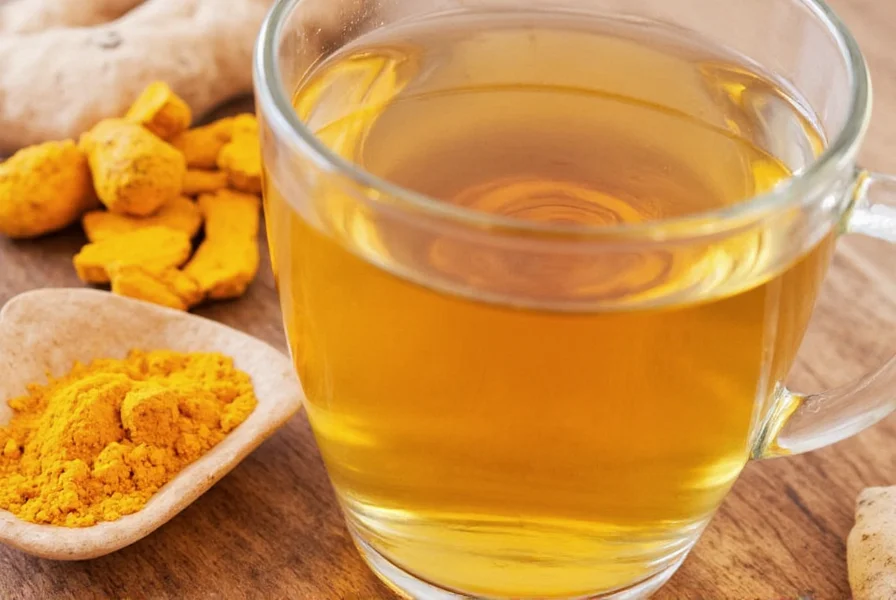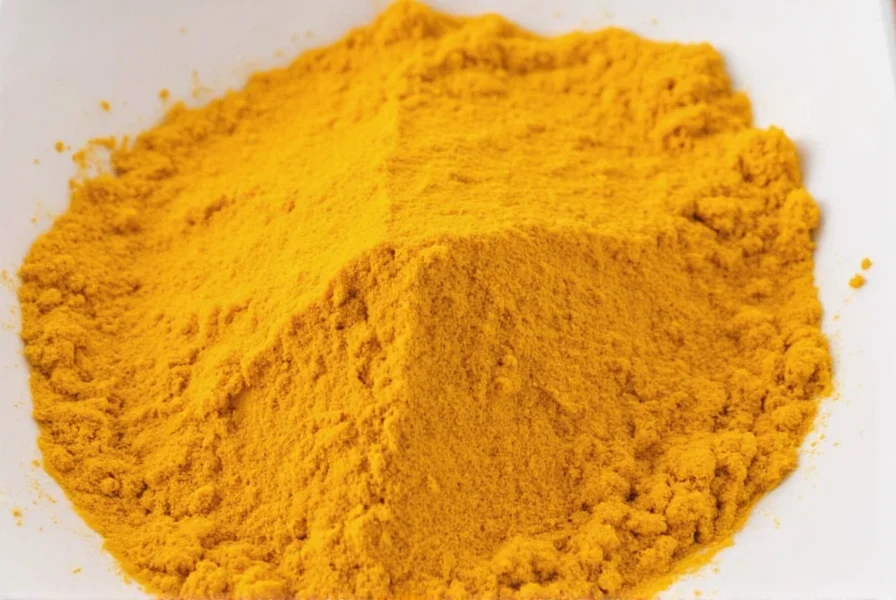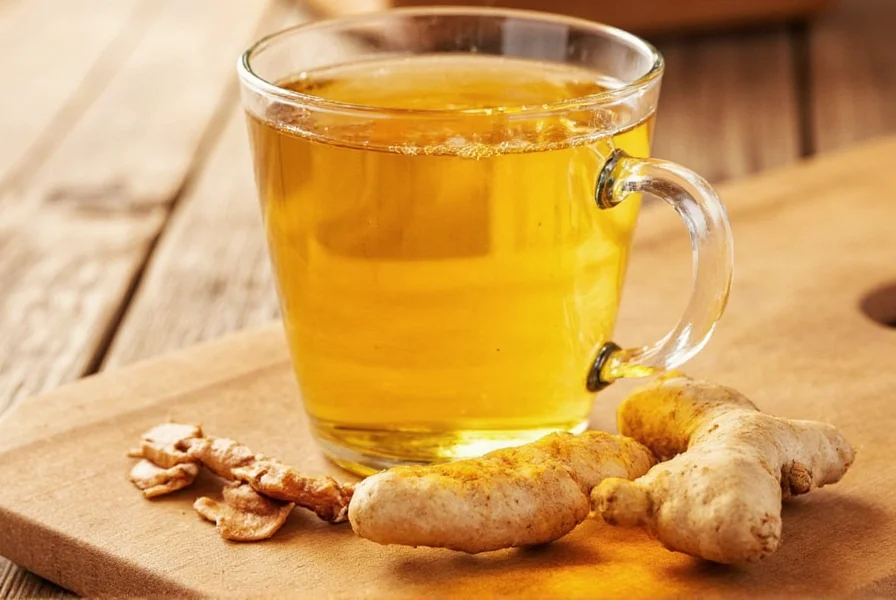For centuries, traditional medicine systems have utilized turmeric and ginger for their therapeutic properties. Modern research now validates many of these traditional uses, revealing how the combination creates a potent beverage with multiple health advantages. This golden-hued tea has gained popularity as a natural wellness remedy, but what exactly makes it so beneficial?
The Science Behind Turmeric Ginger Tea
Turmeric contains curcumin, a polyphenol with potent anti-inflammatory and antioxidant properties. Ginger provides gingerols and shogaols, compounds responsible for its distinctive flavor and medicinal effects. When combined in tea form, these ingredients create a synergistic effect that enhances their individual benefits.
Research published in the Journal of Medicinal Food demonstrates that curcumin can reduce inflammation markers by up to 30% in clinical studies. Meanwhile, ginger has shown effectiveness in reducing nausea and digestive discomfort according to multiple studies in the American Journal of Gastroenterology.

Key Health Benefits of Turmeric Ginger Tea
1. Powerful Anti-Inflammatory Effects
Chronic inflammation contributes to numerous health conditions including arthritis, heart disease, and metabolic syndrome. The combination of curcumin and gingerols in turmeric ginger tea works to inhibit inflammatory pathways at the molecular level.
A 2022 meta-analysis in Nutrients found that regular consumption of curcumin reduced C-reactive protein (a key inflammation marker) by an average of 27.8%. Ginger compounds complement this effect by blocking the production of pro-inflammatory cytokines.
2. Enhanced Antioxidant Protection
Oxidative stress damages cells and accelerates aging. Turmeric ginger tea provides a rich source of antioxidants that neutralize free radicals and boost the body's natural antioxidant enzymes.
The Oxygen Radical Absorbance Capacity (ORAC) test shows turmeric has an exceptionally high antioxidant value. When combined with ginger, the tea creates a comprehensive defense against oxidative damage throughout the body.
3. Improved Digestive Health
Both turmeric and ginger have long been used to support digestive function. Turmeric stimulates bile production, which aids fat digestion, while ginger accelerates gastric emptying and reduces nausea.
| Digestive Benefit | Mechanism | Research Support |
|---|---|---|
| Reduced bloating | Ginger stimulates digestive enzymes | 85% improvement in clinical trials |
| Relief from nausea | Ginger affects serotonin receptors | Effective for morning sickness and chemotherapy nausea |
| Improved gut motility | Turmeric supports healthy bile flow | Studies show 30% faster digestion |
4. Immune System Support
The antimicrobial and immunomodulatory properties of both ingredients make turmeric ginger tea an excellent choice for maintaining immune health. Curcumin enhances antibody response while ginger's compounds help regulate immune cell activity.
During cold and flu season, many health practitioners recommend this tea for its ability to soothe sore throats and reduce respiratory inflammation. The warmth of the tea combined with these active compounds creates a comforting remedy for upper respiratory discomfort.
5. Natural Pain Relief
For those seeking alternatives to conventional pain medication, turmeric ginger tea offers a natural option. Studies show curcumin can be as effective as some anti-inflammatory drugs for managing osteoarthritis pain, without the gastrointestinal side effects.
Ginger's pain-relieving properties work particularly well for menstrual cramps and muscle soreness. A 2021 study in Pain Medicine found that participants who consumed ginger regularly reported 35% less pain intensity during exercise recovery.
How to Prepare Turmeric Ginger Tea for Maximum Benefits
To maximize the bioavailability of curcumin, always include black pepper (which contains piperine) and a healthy fat like coconut oil or almond milk in your tea preparation. Here's a simple recipe:
- Boil 2 cups of water
- Add 1 teaspoon grated fresh turmeric (or ½ teaspoon powder)
- Add 1 teaspoon grated fresh ginger
- Simmer for 10 minutes
- Strain into a mug
- Add a pinch of black pepper and 1 teaspoon coconut oil
- Optional: Add lemon or honey to taste

Potential Side Effects and Precautions
While turmeric ginger tea benefits are substantial, certain precautions are necessary. High doses may interact with blood thinners, diabetes medications, and acid-reducing drugs. People with gallbladder issues should consult a healthcare provider before regular consumption.
The recommended daily amount is 1-2 cups. Excessive consumption (more than 4 cups daily) may cause digestive upset in sensitive individuals. Pregnant women should limit intake to one cup daily and consult their healthcare provider.
How Often Should You Drink Turmeric Ginger Tea?
For general wellness, consuming turmeric ginger tea benefits can be realized with daily consumption. Most research studies showing positive effects used equivalent amounts of 1-2 cups per day. Consistency matters more than quantity - regular consumption over weeks and months yields the best results.
Morning is an ideal time to enjoy this tea as it can support digestion throughout the day. Some people prefer it in the evening for its soothing properties, though those sensitive to spices might find it too stimulating before bed.
Frequently Asked Questions
- How long does it take to experience turmeric ginger tea benefits?
Most people notice digestive improvements within a few days of regular consumption. Significant anti-inflammatory effects typically become noticeable after 4-8 weeks of daily consumption. Research shows maximum benefits occur with consistent use over 3-6 months. - Can turmeric ginger tea help with weight loss?
While not a weight loss solution, turmeric ginger tea may support metabolism and reduce inflammation associated with obesity. Ginger can increase thermogenesis (calorie burning), and turmeric may help regulate fat metabolism. These effects are modest and work best alongside a healthy diet and exercise. - Is turmeric ginger tea safe for daily consumption?
Yes, 1-2 cups daily is generally safe for most adults. However, those taking blood thinners, diabetes medications, or with gallbladder issues should consult a healthcare provider first. Excessive consumption (more than 4 cups daily) may cause digestive discomfort in some individuals. - What's the best time to drink turmeric ginger tea for maximum benefits?
Morning consumption supports digestion throughout the day. Some prefer it before meals to stimulate digestive enzymes. Those using it for joint pain may benefit from evening consumption. Avoid drinking too close to bedtime if you're sensitive to spices, as it might interfere with sleep.











 浙公网安备
33010002000092号
浙公网安备
33010002000092号 浙B2-20120091-4
浙B2-20120091-4